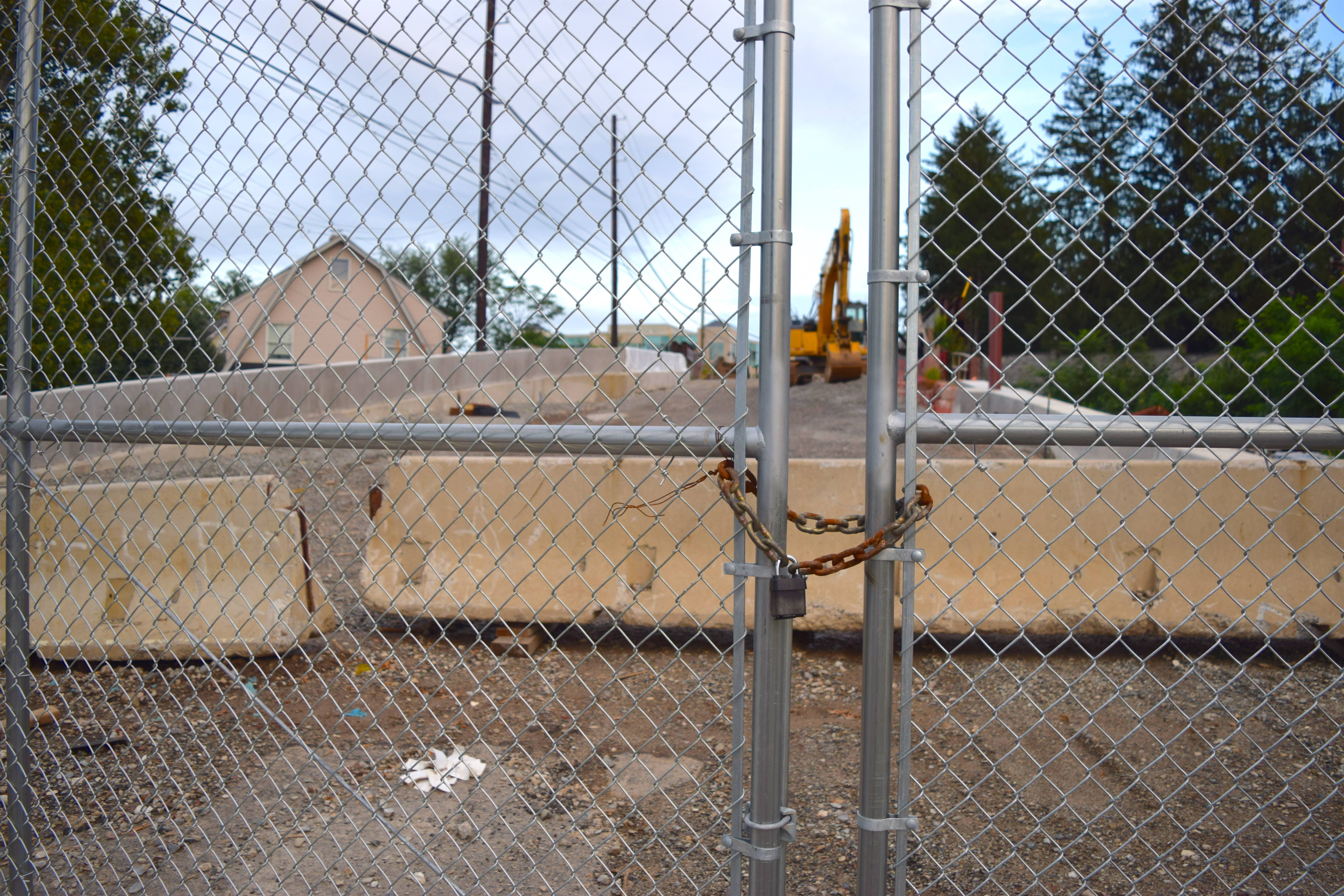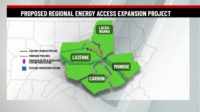Nearly four months into the state-ordered shutdown of hundreds of millions of dollars in road and rail projects in New Jersey because of continued political bickering over refilling the state’s empty transportation trust fund, project owners, contractors and workers are scrambling for short-term solutions to salvage a fast-disappearing construction season.
“I have never seen anything like the New Jersey situation since I have been analyzing … the transportation construction industry,” Alison B. Black, senior economist of the American Road and Transportation Builders Association, told ENR. “My understanding is that there were over 4,000 transportation worker positions that were lost over the summer, and the number of project bids put out since July 1 is down by about half.”
The shutdown of some 900 road projects and hundreds more transit infrastructure and equipment upgrades was ordered then as lawmakers and Gov. Chris Christie (R) failed to agree on funding and unrelated tax-hike proposals. These include a 23-cent-per-gallon fuel tax increase and cuts in the state sales tax.
Even as rumors swirl of a potential deal by early October, construction participants are reeling. “We’re pretty much on the verge of a heavy-highway collapse in New Jersey,” says Greg Lalevee, business manager of operating engineers’ Local 825, which represents 6,800 union members. “None of our members are untouched by this.” He says the shutdown also is affecting union workers in related materials-supply and equipment sectors, with engineering work also curtailed.
Firms are trying to keep key workers with double shifts and private-client work, such as for utility PSE&G in transmission-line upgrades, says Lalevee. A vice president of one small northern NJ civil contractor said impacts to nearly 75% of its projects have forced the firm to lay off about 10 employees when it normally hires as many as 30.
ENR could not confirm by press time on Sept. 27 whether any industry firms had filed breach-of-contract or delay damage lawsuits against municipal owners, but entities are bracing for them. At least five counties—Passaic, Camden, Union, Hudson and Mercer—have formally indicated they will sue the state to reimburse shutdown costs. Others have opted, on their own, to use local funds to complete needed projects.
A Sept. 19 state response to the State League of Municipalities failed to provide guidance. “It’s not just one concern but the combination of potential costs … be it lack of reimbursement, unfinished projects, demobilization and remobilization, and potential liability,” says Michael Cerra, assistant director.
Meanwhile, the Assembly is considering a bill to insure the state does not penalize municipalities that use local funds to pay contractors and finish work. Also before that body is a proposal by influential legislator John Wisniewski to borrow $1.6 billion a year for two years to replenish the trust fund, with borrowing costs to be covered by sales-tax revenue. But Lalevee would prefer a permanent tax compromise now, referring to the borrowing plan as “sticking a finger in the dike.”
Also, in November, state voters will decide on a ballot initiative that would constitutionally require all fuel-tax revenue to go into the trust fund. The state chapter of AAA says that, in a recent poll, 69% of its members favored the dedicated funding, according to a spokeswoman. She says that motorists have seen driving conditions deteriorate over the last four years in one of the country's busiest corridors, noting that the proportion of AAA members reporting worse commutes has risen from 33% "to an all-time high of 45% in 2015."






Post a comment to this article
Report Abusive Comment